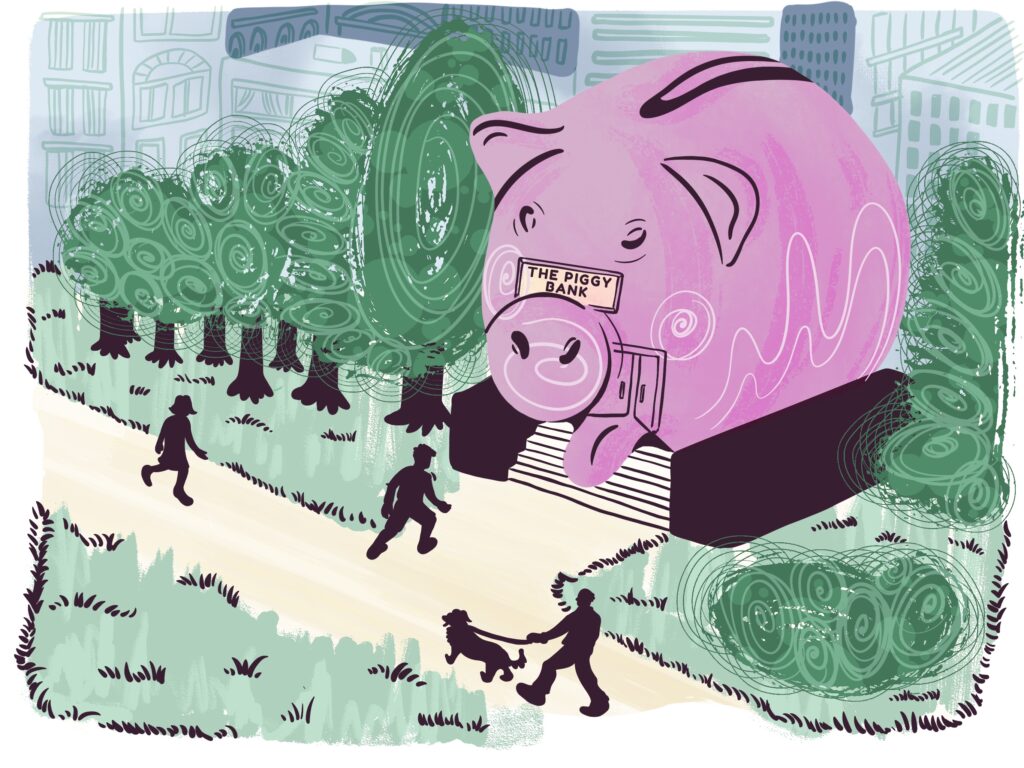
What is a Bank Account?
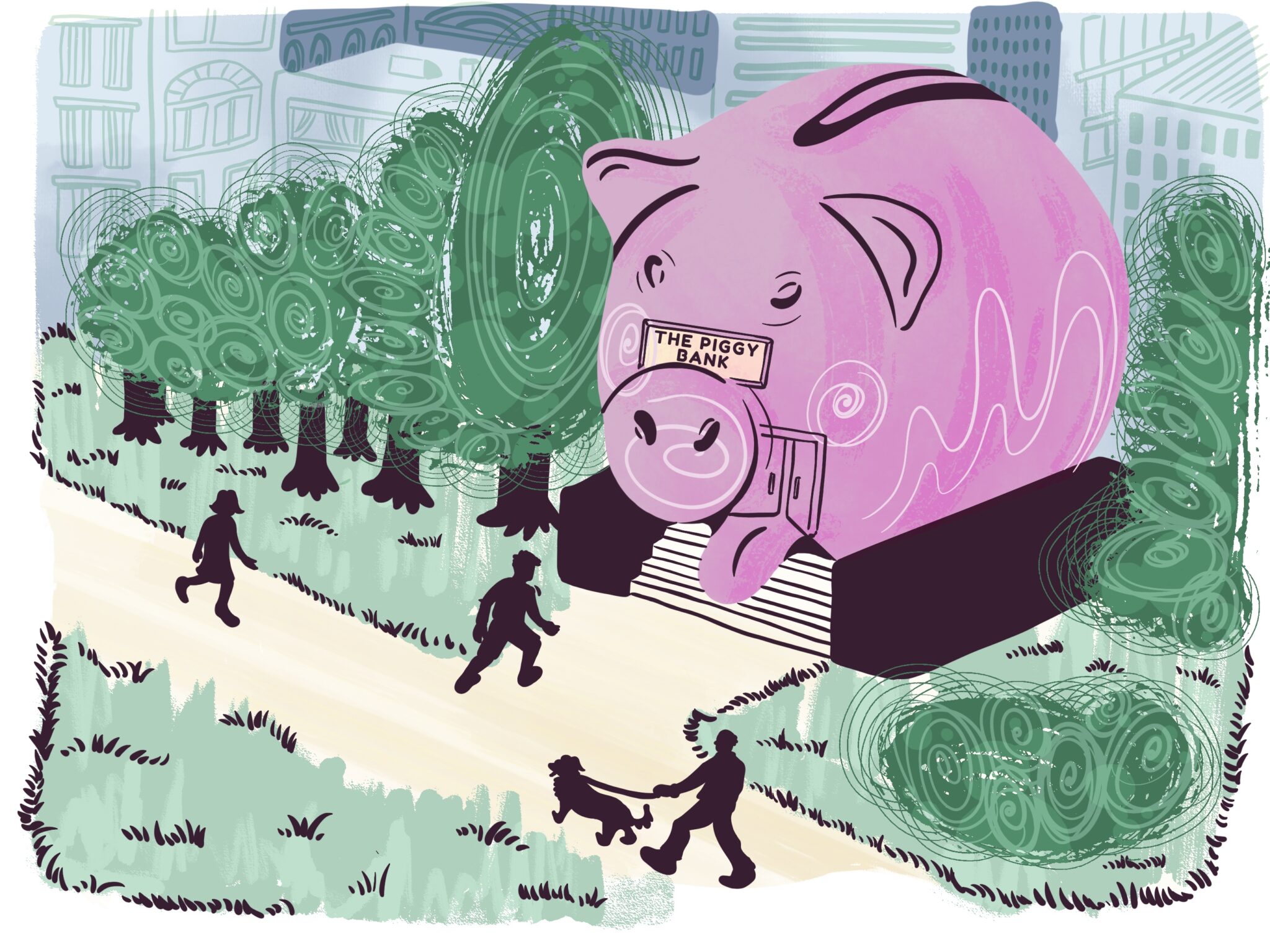
What is a Bank Account?
At the age of 11 to 16, you may want to go to the bank to get your first bank account. There are many different bank accounts, from debit cards to savings accounts.
If you want a bank account, you will need some identification, like a passport, or you may need to take your parent/guardian to help you set it up.
But what are all these different types of bank accounts, and why do they have other names?
What is a Bank Account? – Debit Card
A debit card allows you to store money for as long as you like in a debit bank account.
They can also allow you to pay for items and experiences online or in-store, normally through a card machine.
You can withdraw your money at any time from a local ATM. You need a PIN to do so.
A PIN is a four-digit number used to pay for purchases using your bank card. A number that only you should know.
It’s your very own superhero password! Your VIP, all access to the best stage on the planet – you and your money!
You should never tell others this number (It’s top secret and not fit to print).
However, you can only spend the amount of money that is currently in your account.
You stay in control of how much you are spending and saving whilst managing your career. Debit cards may also have a purchase limit.
This means how much you spend in a day can be fixed so that you do go crazy and buy an entire sweet shop.
Getting a debit card doesn’t cost anything.
Spending over the limit of what you have can lead to further charges and can lead to you owing money to the bank. We don’t want this to happen. It is hard to get out of owing money once you start.
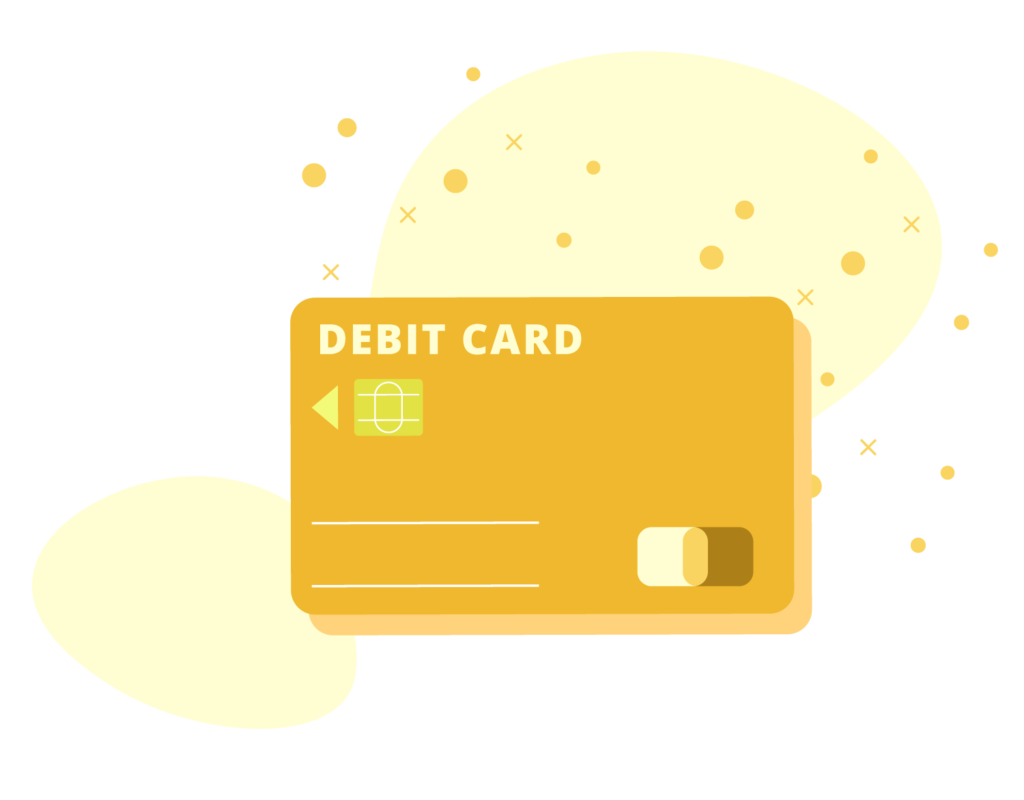
Overview of Debit Cards:
- Free to set up at the bank
- Available from 11+ years old
- Stores money in the bank
- Pay through contactless payments or on your phone
- Withdraw money from an ATM
- Requires a PIN
- They have a purchase limit
- Allow for overdraft
- Can only spend the money stated in your bank balance
- May face charges if you spend money you don’t have
What is a Bank Account? – Credit Card
In a Credit Bank Account, you can get a credit card. You can apply for a credit card when you are 18 years or older.
This card allows you to borrow money from the bank or company and pay it off in the future when you have earnt the money. The company send you a bill of what you have spent at the end of each month.
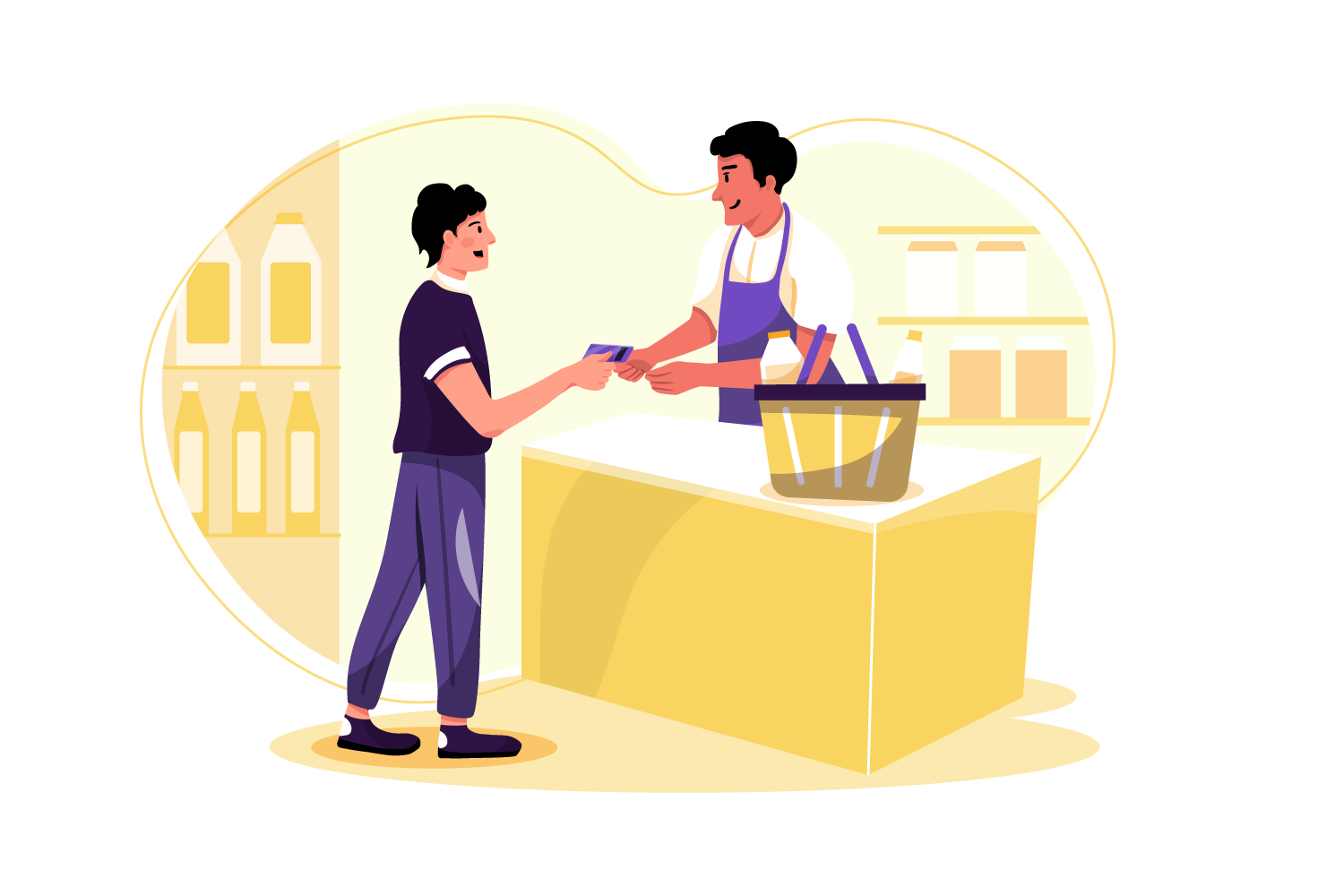
It shows other companies/businesses/people how you can be trusted with others money.
You can still take money out of this bank account by using a machine (ATM), spending money in shops and online. You can pay by tapping the card onto the top of a machine or using your PIN number.
There is more of a risk with a credit card bank account. There is also more of a reward.
Paying off money you have borrowed every month with your credit card, can be shown online to other people.
If you are rated highly for borrowing money and returning it, this will be shown when you go to buy big items such as a car or a house.
There are also rewards and discounts offered by the people who make these credit cards. And there are also fees and charges.
If you don’t pay off the money in time, this can give you a bad online rating to other companies. You can also not be trusted to get a car or a house.
You can become just as trustworthy as a dog. Loyal and dedicated. Except you’ll have much more than a stick and a friend to play fetch with. You’ll be able to fund your opportunities and dreams by having people that can rely on you.
A credit card is something you may get when you have a full-time job, supposedly when you have left school and are starting a family or a career.
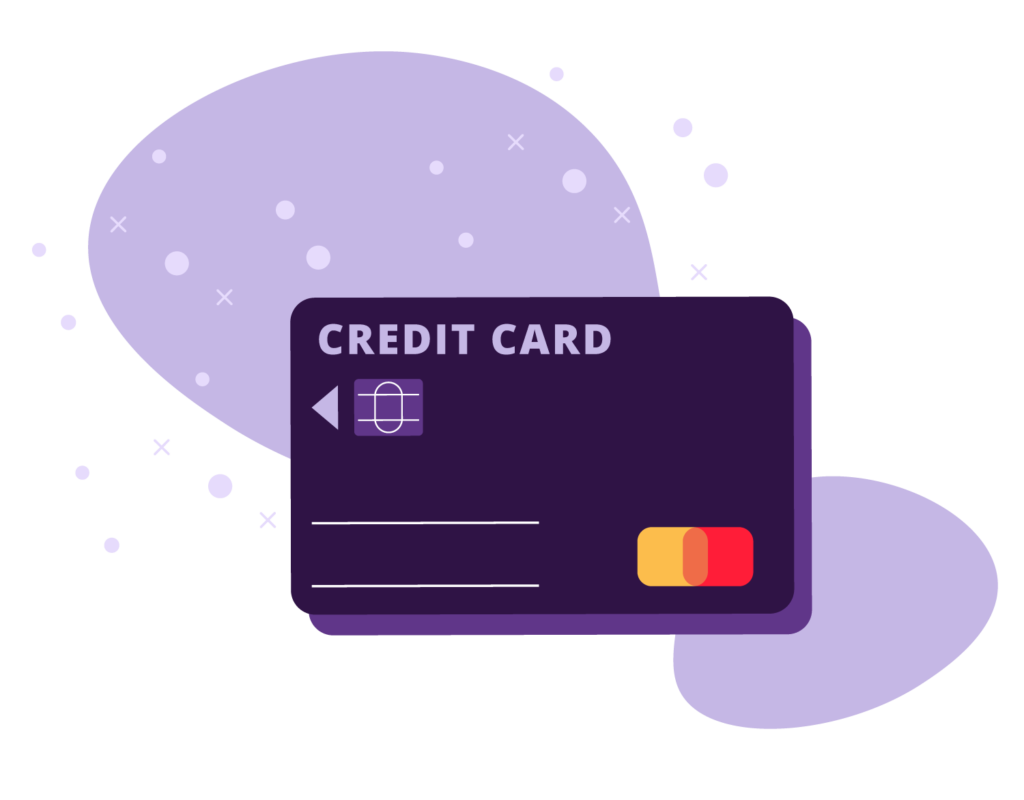
Overview of Credit Cards:
- 18 years +
- It costs to set up this card varies from $9.95 to around $20 usually
- You can borrow money and pay it back later
- Pay through contactless payments or on your phone
- Withdraw money from an ATM
- Requires a PIN number
- Companies / Businesses / People want you to show reliability and trust with their money
- Can lead to larger rewards/purchases and discounts
- Can improve your skills when it comes to your future career
- More risk
- Can leave you untrustworthy if you cannot pay the money back
- Larger Fees and charges may occur
There are many different types of credit cards. One with different rules and rewards or charges. Further information on what type of credit card you should get is displayed in this blog – Credit Cards.
What is a Bank Account? – Savings Account
Savings accounts are straightforward. This is a place where you can store money for the future!
Savings are a way of putting aside money, so you won’t spend it without knowing. It can be for a company you want to start, a house you might want to buy, or a career that may take you to the stars.
In the worst case, something terrible may happen in your family, and you may need money to look after yourself and others around you.
Being able to have this money is suitable for your safety and security. You can use this money in emergencies or for big projects.
You can add money to this account through your phone, computer or machine. The bank can also make it difficult for you to withdraw this money because they understand how it is essential for you to keep it.
They also have interest rates on this account.
An Interest rate is a set rule that allows you to gain extra money for the amount you put in.
An interest rate usually works through the use of a percentage. Your money can grow based on this rule. Usually, interest rates are set from 3.5 – 5% for savings accounts. This rule can also change after the first year.
For example – If the Interest rate is 10%, for every $1 you put in, the bank will reward you 10 cents.
Interest rates can be explained and found on our website if you are still confused and need to look into this subject further.
The more money you put in and the longer you keep it, the higher the reward.
This reward can depend on what bank you are with. Normally interest rates on Credit and Debit cards aren’t as high in reward as a savings account.
With savings, you can just put money in and receive money back.
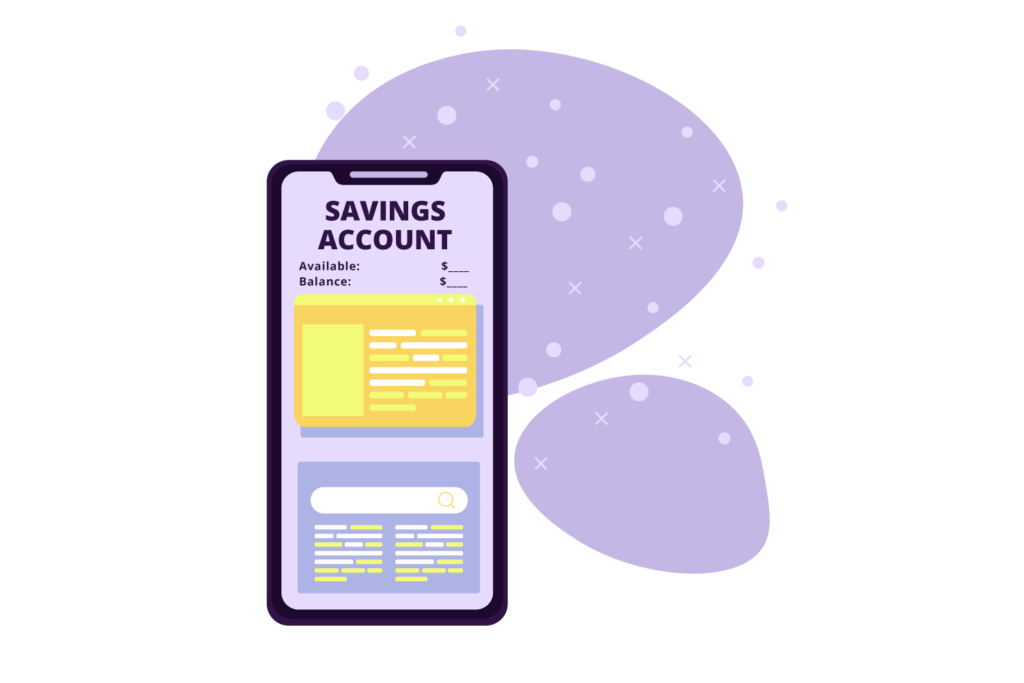
Overview of Saving Account:
- Parent opens up an account for a child at any age until they are 18
- Must be created with at least $1 in the account
- seven year old can own their savings account
- Doesn’t need a Card to use it
- You can withdraw and put cash into the account
- You can transfer money from another account into your savings
- No PIN required
- Cannot pay on this account through a machine, ATM or online
- May include Taxation charges
- Included interest rate
What is a Bank Account? – Student Account
After school, some of you may want to go to University or College.
A student bank account allows you to open a bank account and not have any of the charges or fees attached when you borrow money from the bank.
Because you will be studying, it may be hard even to work a part-time job. This means that you could spend a lot more money than you don’t have.
Banks offer this bank account with an attached overdraft for you.
Overdrafts are allowances that can range from $500 – $1500. This means you can enter your bank account by a maximum of -$1500. But be careful! You still must pay it back in the future.
With a debit card, you would get charged daily for going into your overdraft.
With a student account, you won’t. You will need to pay off what you owe to the bank eventually, but the bank understands your situation better.
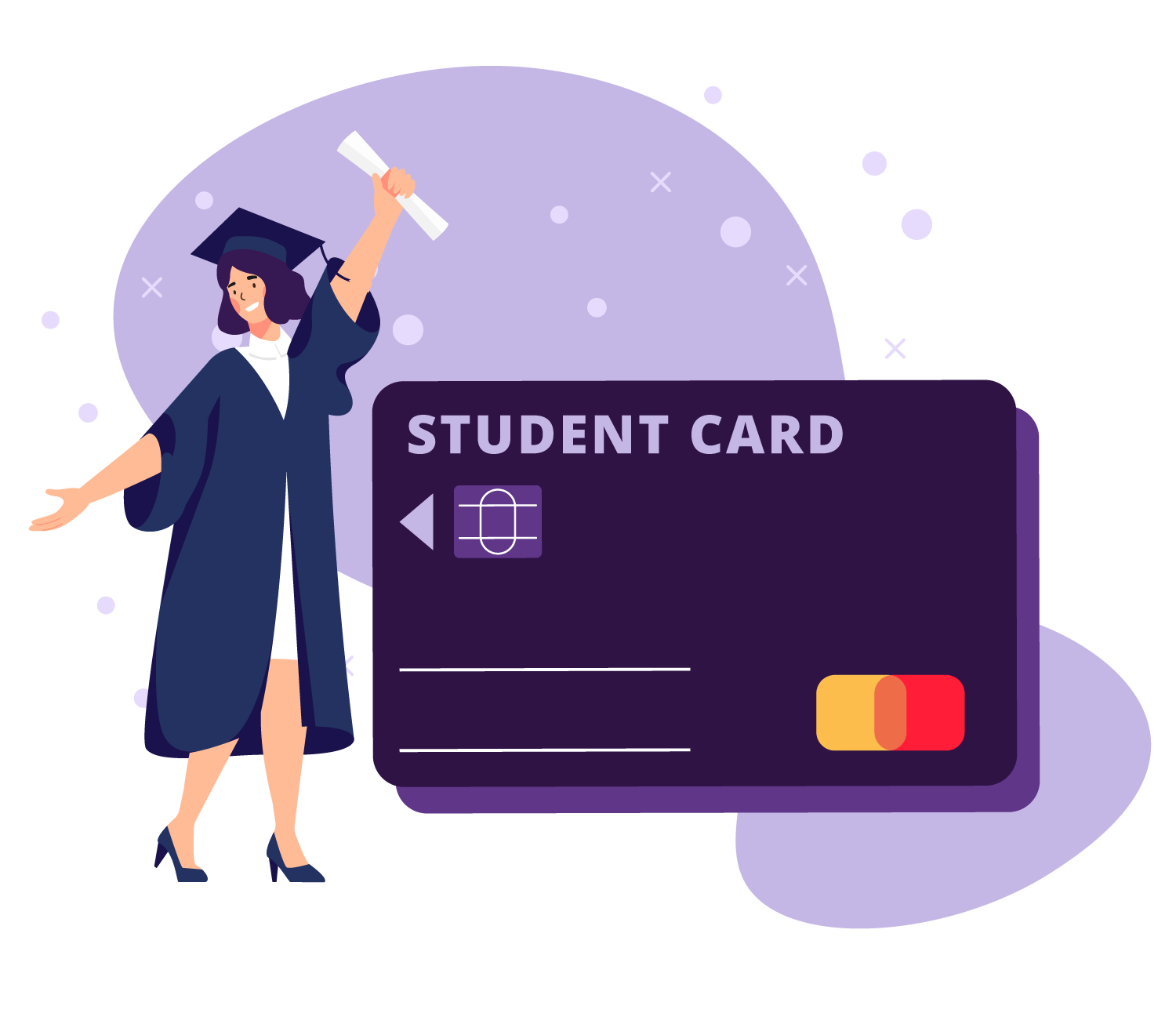
Student Account Overview:
- For young adults who are studying at University or College
- Will need your results from Exams as proof
- Usually an overdraft of -$1500 max
- No charges for going into your overdraft
- No interest attached to this account
- Offers rewards and student discount
- Pay through contactless payments or on your phone
- Withdraw money from an ATM
- Requires a PIN
ACTIVITY 1
Choose a card and draw it.
What would you spend with this card? Write down all the items you would like to use this card for. Estimate how much you would need in order to get these items. Write down a list of pros and cons to this card.
ACTIVITY 2
Ask you parents/guardian if they already have a savings account set up for you. If they have, ask and write down the rules that apply for your account. This is good to know, so that when you are 7 years or older, you can access this through your bank. You will be aware of what to do with your money in the future.
If you don’t have a savings account, try to ask your parents to take you to your local bank and set up a meeting to find out about children’s savings account. You can then start planning your future dreams and goals and how much money it may take to achieve them.
Further Studying and Information
- Want to learn more about how to control your savings? Got to the Children’s Finance School now and begin your studying now!
- To understand credit cards and which one will be best for you in the future, check out Compare Credit Card Deals February 2023 | Comparethemarket

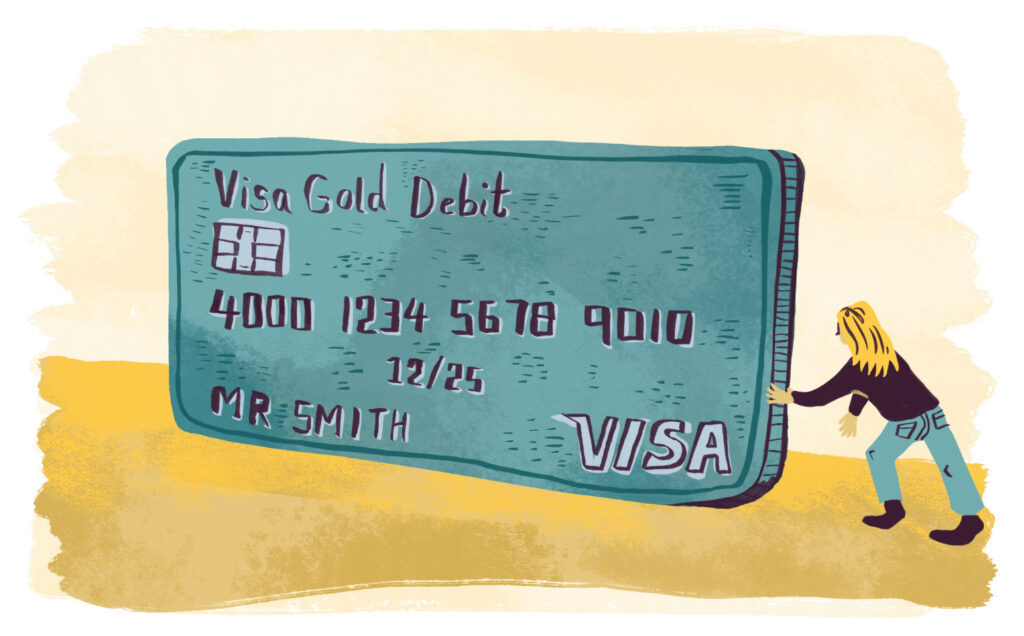
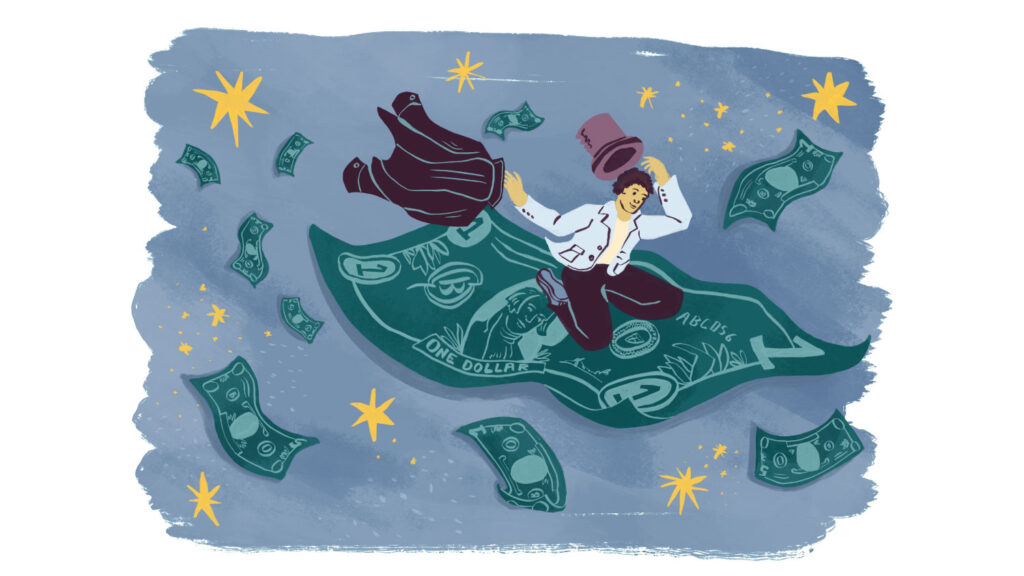
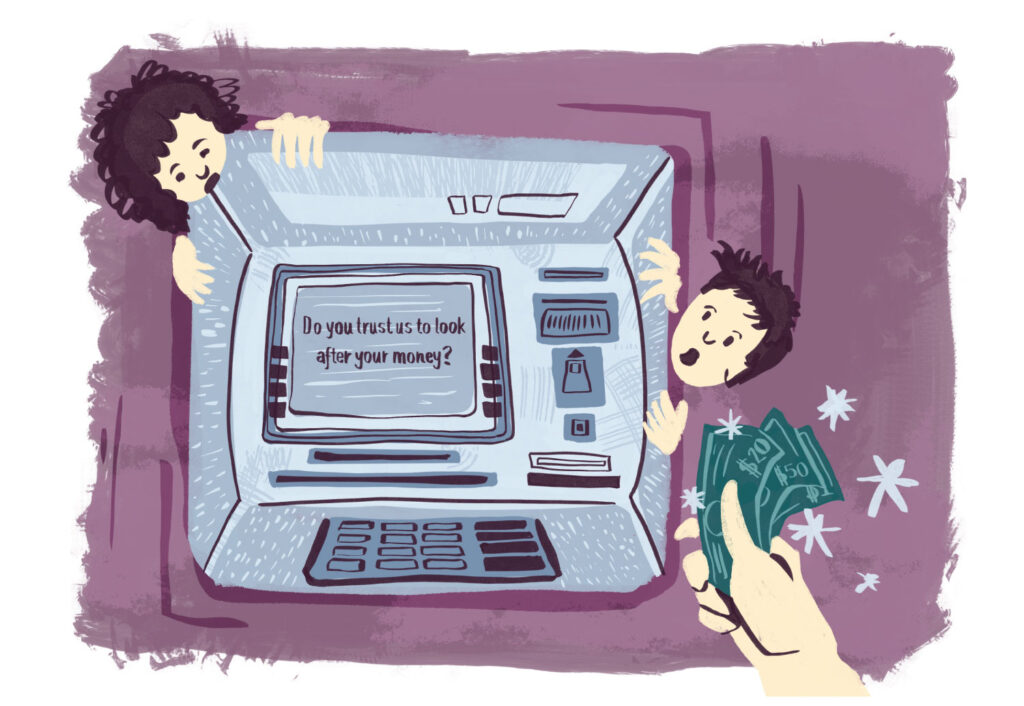
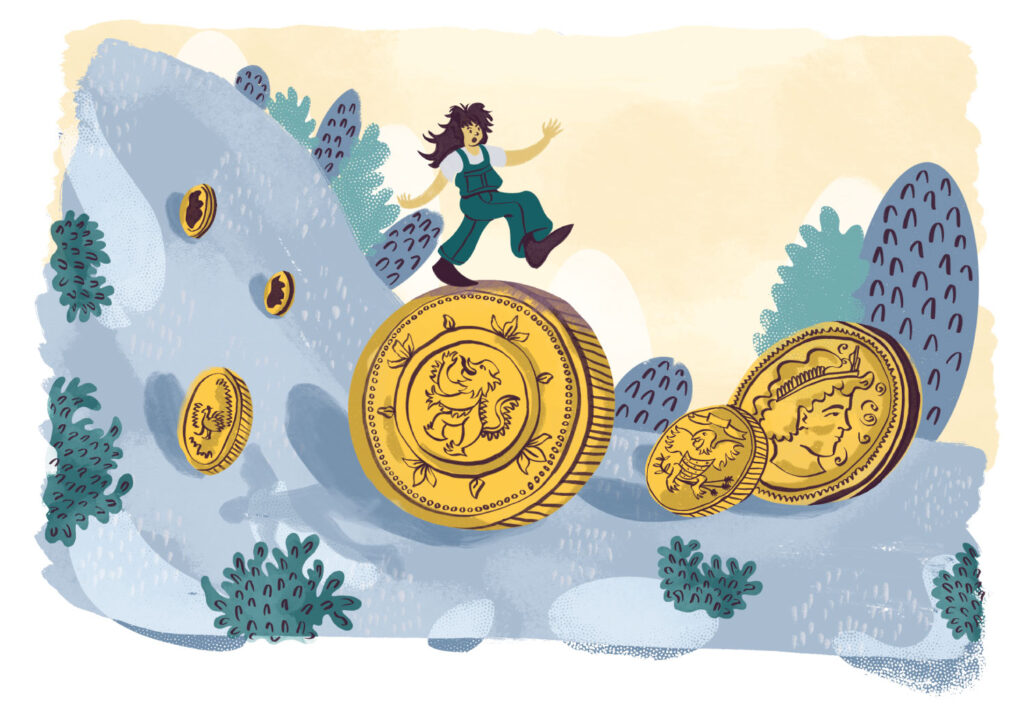
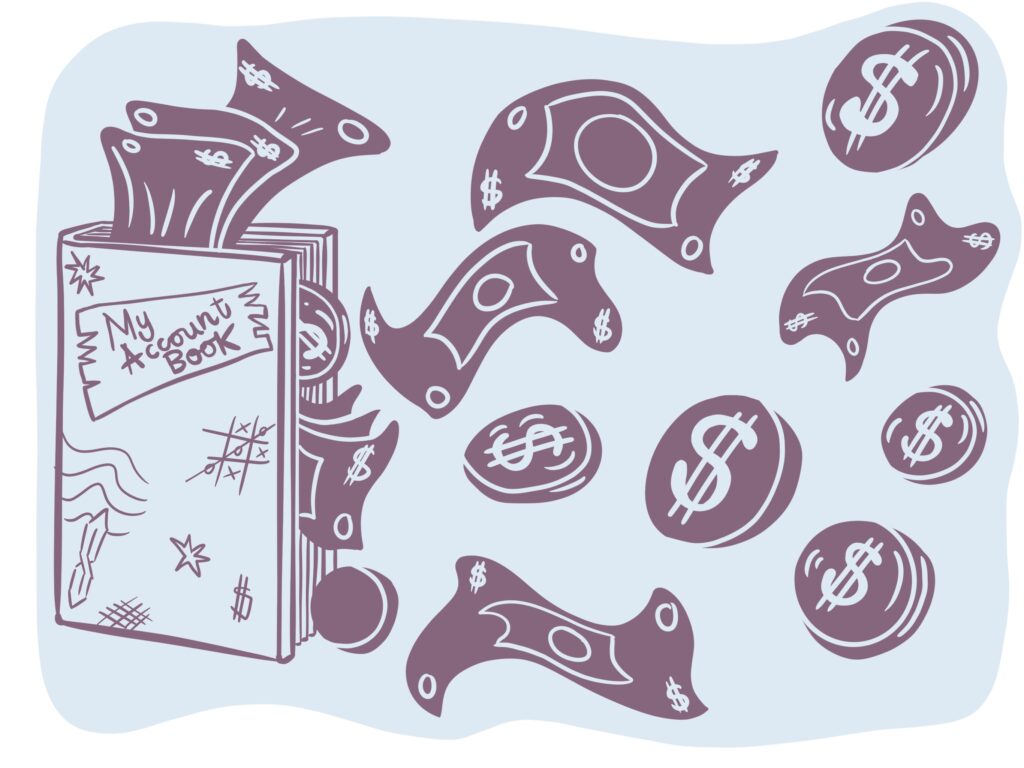
[…] When you become an adult, you may own multiple bank accounts and cards for different areas, such as saving money, credit scores and attending university. If you aren’t sure what these types of accounts are and need to brush up on your knowledge, you can look at different types of bank accounts here. […]